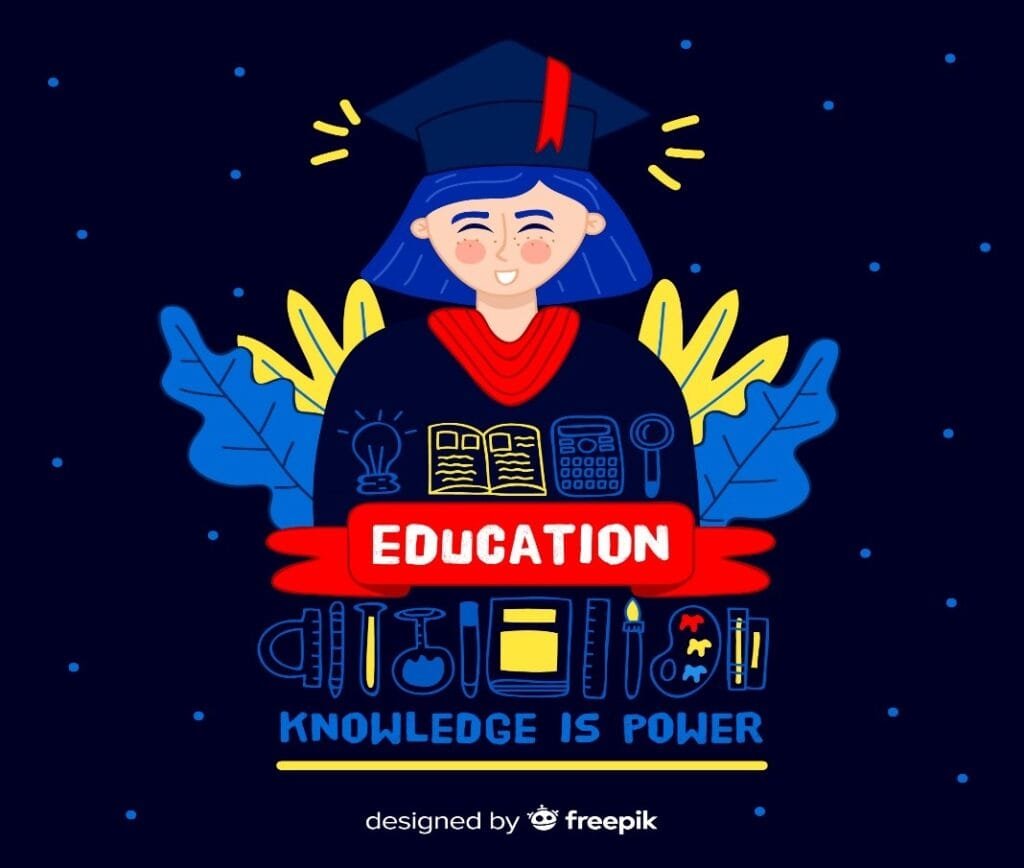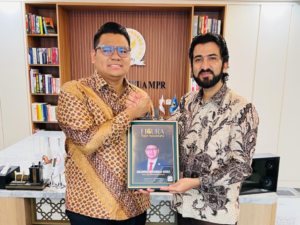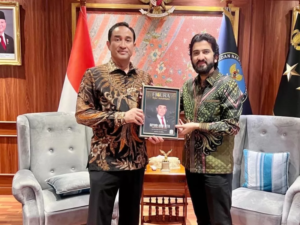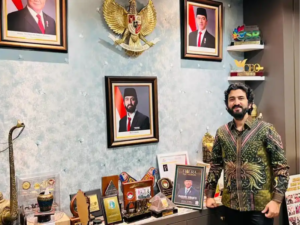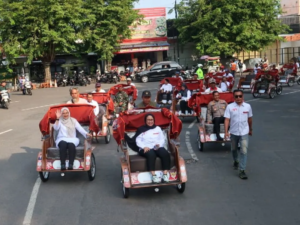The world is becoming more interconnected, and operations in society are involving more countries which makes educational collaboration between nations more crucial now than before. Education helps to endow with knowledge and is one of the weapons for manipulating people and promoting mutual understanding. The research combines two of the most prominent global powers of the Muslim world, Pakistan and Indonesia . One is in South Asia and the other is in Southeast Asia but both are similar in showing historical and cultural relations and both have the motive of enhancing their systems of education. This partnership will also create an opportunity to enhance diplomacy, culture, and economies for both countries with an impact on future educational systems.
Shared Goals and Common Challenges
Pakistan and Indonesia combined are developing countries that have multiple obstacles they experience within the education sector. There are enhancing literacy levels, equalizing quality in educational systems especially those in rural areas, and provision of education to various strata in the society. Nevertheless, both countries are ready to work on the improvement and modernization of education to push it to the international level.
Both countries are mainly Islamic, therefore the cultural and indeed religious ties that exist are very remarkable. Also, the general economic and social development issues that these countries have laid a good foundation for cooperation. Education provides best practices that can be implemented in countries. Like Pakistan and Indonesia by considering their cultures and the problems they face together by sharing the best practices in achieving the goal.
Education Exchange Programs
- The exchange of students and faculty is a key form of collaboration between Pakistan and Indonesia.
- This initiative strengthens ties between educational institutions in both countries, fostering mutual understanding of academic practices and cultures.
- Pakistani students are offered scholarships to study in Indonesian universities, while Indonesian students are welcomed to study in Pakistan.
- Pakistani students experience Indonesia’s education system, which focuses on discipline, community values, and practical learning.
- Indonesian students gain educational insights into Pakistan’s cultural heritage and diverse environment.
Faculty exchanges allow professors and researchers to collaborate, share teaching methods, and discuss educational issues at academic conferences, workshops, and seminars.
Joint Research and Development in Education
Another promising area of collaboration is joint research and development (R&D) in education. Pakistan and Indonesia have established partnerships between universities and research institutions to work on various educational projects, such as developing effective teaching methods and improving educational infrastructure in underserved areas.
For example, the University of Indonesia and Pakistan’s National University of Sciences and Technology (NUST) collaborate on research in technology-enhanced learning. By combining expertise in fields like information technology and engineering. These institutions aim to create digital platforms and online resources that will benefit students in both countries.
Such collaborations have the potential to transform education systems in both Pakistan and Indonesia. Whether through improving online education access, creating new educational materials, or training teachers in innovative methods. R&D-focused efforts can lead to lasting improvements in both countries’ education sectors.
Cultural Exchange and Mutual Understanding
While the academic and technological aspects of the Pakistan-Indonesia educational collaboration are crucial, cultural exchange remains a vital component. Educational exchanges offer students and faculty the opportunity to engage in cross-cultural dialogues, promoting mutual understanding and tolerance. These exchanges break down misconceptions and foster a deeper appreciation of each other’s traditions, customs, and perspectives.
For example, student exchange programs expose young people from Pakistan and Indonesia to different languages, cuisines, festivals, and ways of thinking. These experiences help them develop a global mindset—an essential quality in today’s interconnected world. Beyond the classroom, cultural exchanges build long-lasting friendships and create bridges between the two nations.
The Future of Pakistan-Indonesia Education Collaboration
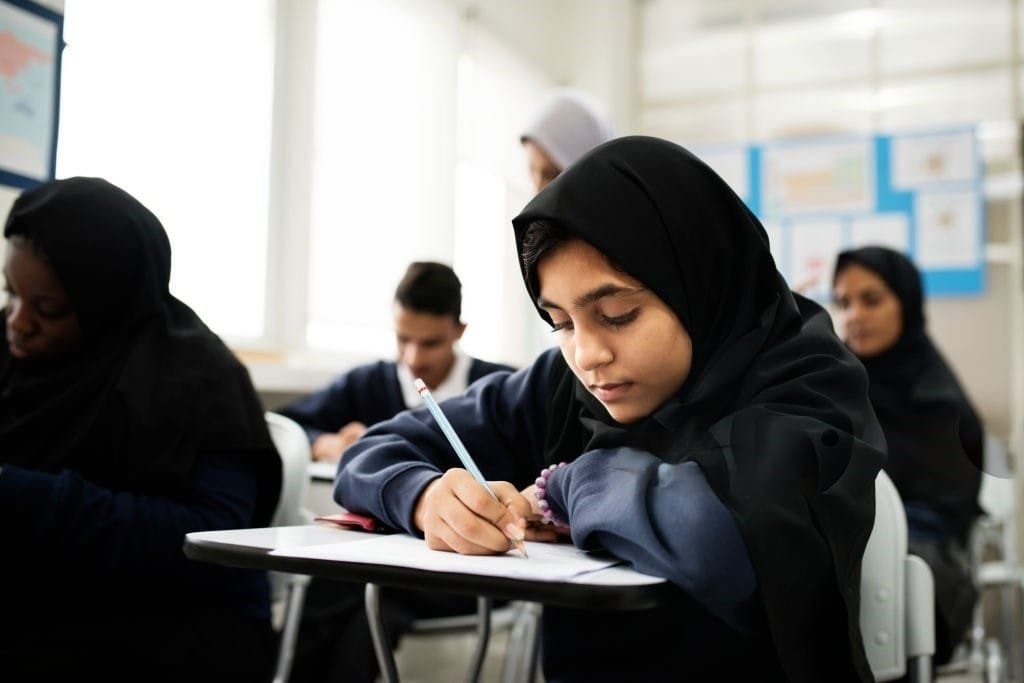
Looking forward, the potential for expanding educational collaboration between Pakistan and Indonesia is vast. Both countries have young, dynamic populations and a growing demand for quality education. By strengthening their educational ties, they can work together to address common challenges, promote knowledge-sharing, and develop solutions that benefit not only their citizens but also the broader South and Southeast Asian regions.
The rise of technology presents new opportunities for collaboration. Particularly in areas such as online learning, digital literacy, and artificial intelligence in education. By harnessing these tools, Pakistan and Indonesia can create more inclusive, accessible, and flexible educational systems to meet diverse learning needs.
Conclusion
In conclusion, the educational collaboration between Pakistan and Indonesia. Exemplifies how two nations can work together to overcome challenges, share knowledge, and build a brighter future. With a continued focus on student exchange, joint research, and cultural engagement. This partnership is poised to grow stronger, fostering deeper ties and making a lasting impact on both countries’ educational landscapes.

